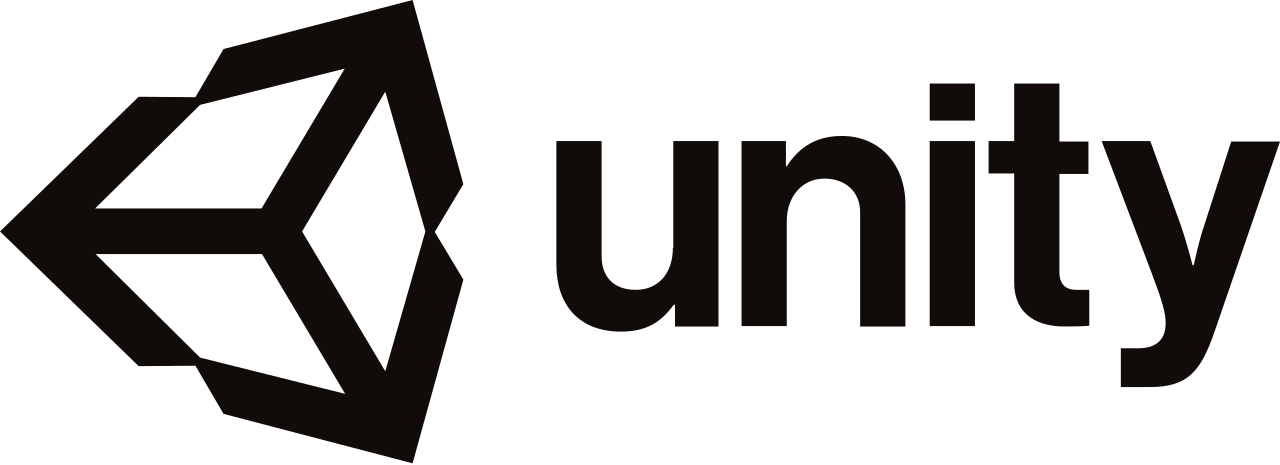AR/VR
What is AR/VR?
Augmented reality and virtual reality (commonly abbreviated as AR and VR respectively) are reality technologies that either enhance or replace a real-life environment with a simulated one. Augmented reality (AR) augments your surroundings by adding digital elements to a live view, often by using the camera on a smartphone. Virtual reality (VR) is a completely immersive experience that replaces a real-life environment with a simulated one. While both virtual reality and augmented reality are designed to bring a simulated environment to the user, each concept is unique and involves different use cases. In addition to entertainment scenarios, augmented reality is also increasingly being used by businesses, because of its ability to generate informational overlays that add useful, real-world scenarios. (Source: Splunk)
$297b
Global Market Size
(by 2025)
(by 2025)
$134b
VC funding into private FinTech start-ups
216m
AR/VR users by 2025
23m
US jobs to use AR/VR technology by 2030
AR/VR Career Exploration
Questions to Consider
- Do you enjoy the intersection of design and technology?
- Are you open to keep learning new technologies every few months and willing to keep up with the fast pace of the tech world?
- Can you think of new and innovative ways of delivering existing products and services?
- Are you able to work in an unstructured business environment that feels like a start-up?
- Do you enjoy coding and understand the different programming languages required to build interactive 3D worlds and experiences?
Top AR/VR Careers
- Software Developer/Engineer: A software engineer is a person who applies the principles of software engineering to design, develop, maintain, test, and evaluate computer software.
- UX/UI Designer: A user interface designer is responsible for creating the look of a website. They're tasked with designing a user interface from the user's point of view.
- AR/VR Engineer: AR/VR Engineers are professionals who use technology to augment reality (AR), real-life environments and/or generate virtual reality (VR) spaces that users can interact with.
Next Frontier Industry Roadmap:
AR/VR
Want to start a career in AR/VR but don't know where to begin? Start here!
- Do your research
Make sure you're well-versed in the basics. What is AR/VR? What's driving it? Who are the innovators? What types of AR/VR jobs exist? What are the major AR/VR companies? Most if not all of these answers you will find on this page!
2. Hone your "soft" skills
- Problem-solving: You will need to solve problems creatively and efficiently using the knowledge gained from your education and experience.
- Analytical skills: You must be able to analyze complex problems from all angles & devise solutions.
- Solid communication: Employers look for those who can articulate their ideas & concepts effectively.
3. Learn the essentials
Computer science/software engineering degrees are preferred but not always required. There are plenty of free coding bootcamps and online certification courses, as well. You should also:
- Learn & practice the basics of 3D design
- Be fluent in any computer programming language
- High-level math and/or physics also helps
4. Build your portfolio
Illustrate your aptitude and impress prospective employers by completing your own AR/VR projects and prototypes, like developing a 3D game using a platform like Unity. Make sure your LinkedIn profile is up-to-date with your latest experiences and accomplishments and optimized using our Base 11 LinkedIn Optimization Guide.
5. Gain hands-on experience
Apply for Internships in the hardware or software development teams of a company that are utilizing AR/VR. Explore the various applications of AR/VR and figure out what interests you, i.e. gaming, education, medical, etc.
6. Engage your community
Cultivate your network with a Base 11 community of like-minded individuals that you can connect with today using the community feature built right into this platform! We have a thriving community of students, early-career adults, and professionals on our discussion forums who can share insights, give advice, and help you on your STEM journey.
A Day in the Life of a
3D Progammer
Coming Soon: experience what a day in the life of a certified Unity Programmer is like!
Write your awesome label here.
Write your awesome label here.
Additional Resources
Jobs & Internships
Exclusive opportunities including academic and professional internships as well as jobs from our Next Frontier Partners
Courses & Training
Free and discounted courses and training programs designed to accelerate members into the STEM career of their dreams
Innovation Challenges
Solve real-world problems posed by top companies in STEM and earn cash prizes as well as potential employment opportunities


